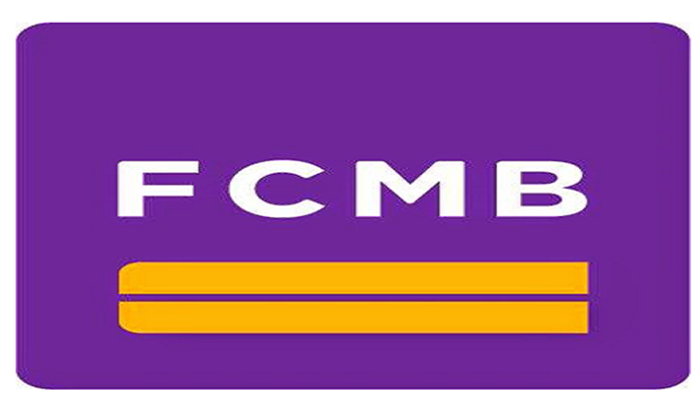Freshly released report by the Nigerian Stock Exchange (NSE) on domestic and foreign portfolio participation in equities trading showed that total equities market transactions increased in FY 2020 compared to transactions done in the year 2019 as domestic institutional investors lifted local equities market performance despite foreign portfolio investors’ exit amid low fixed income yield and depreciating exchange rate.
Hence, the ratio of total domestic transactions to total foreign transactions tilted to 66:34in the year under review, from 51:49in FY 2019, given the 46.01% increase in total domestic transactions as compared with the 22.64% decline in total foreign portfolio transactions.
Specifically, total transactions on the nation’s bourse increased to N2.17trillion in FY 2020 (from N1.93 trillion printed in FY 2019); of which total domestic transactions increased to N1.44trillion (from N985.53billion). However, FPI transactions decreased to N729.20billion (from N942.55 billion). A breakdown of the FPI transactions in FY 2020 showed that foreign portfolio inflows contractedby41.00% to N247.27 billion; also, the foreign portfolio outflows fell by 7.93%to N481.93 billion.Notably, domestic institutional transactions spiked year-on-year by 61.39% to N820.14 billion in FY2020 even as retail investors’ also increased their stake in the equities market in search for better returns(transactions from this group rose to N618.75billion in the year under review from N477.34billion in FY2019).
Amid bargain hunting activities,particularly by the domestic institutional investors, the NSE All Share Index (ASI) surged by 50.03% to 40,270.72 index points to close for the year 2020 (compared to a14.60%decline to 26,842.07index points in FY 2019). Domestic investors patronised the equities market more, especially in the last quarter of 2020, given the ridiculously low fixed income yields and the matured Open Market Operations (OMO) bills inQ4 2020 worth N3.44trillionwhich were not reinvested in OMO space given CBN’s policy which prevented local asset managers and high networth individuals from investing in the OMO space.
Source: Cowry Asset














